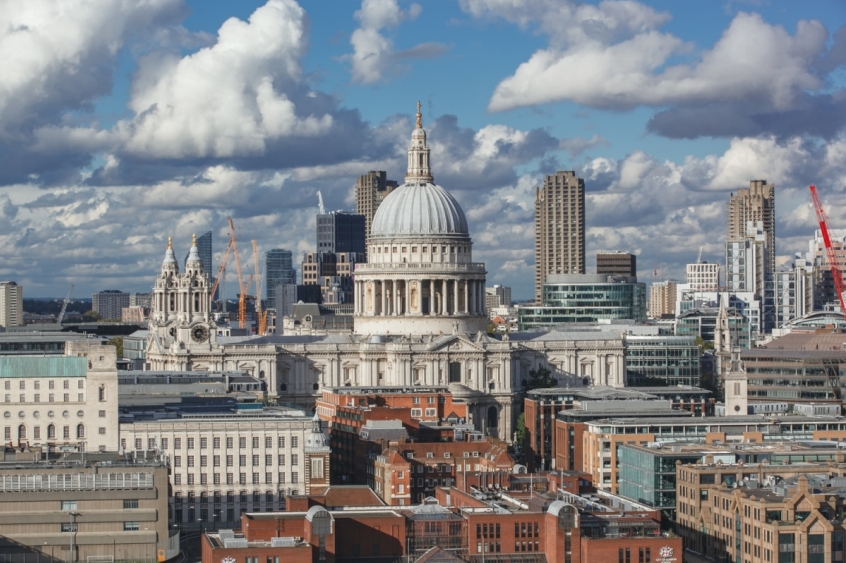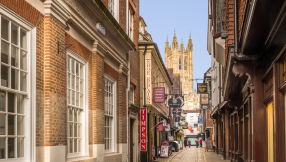
Scotland and England have been plunged into national lockdowns again as coronavirus cases continue to rise at rapid rates across the UK.
The lockdowns are the most stringent restrictions that both north and south of the border have seen since last March, and have been prompted by the spread of a mutant coronavirus strain.
Rules for places of worship in the two countries differ though, with Scotland's First Minister Nicola Sturgeon ordering places of worship there to close, even for private prayer. The exception to the Scottish lockdown is the islands, which remain in tier 3.
The Moderator of the Church of Scotland General Assembly, the Rev Dr Martin Fair, was positive about Ms Sturgeon's decision to close churches in the Scottish lockdown.
"If that's what it takes to keep each other safe and particularly to keep the most vulnerable safe, then I'm up for it, absolutely, even when it means the closure of our churches once more," he said in a Facebook message.
In England, churches can stay open for public worship but different households must not mix.
"You can leave home to attend or visit a place of worship for communal worship, a funeral or event related to a death, a burial ground or a remembrance garden, or to attend a wedding ceremony," the latest government guidance reads.
"You should follow the guidance on the safe use of places of worship and must not mingle with anyone outside of your household or support bubble when attending a place of worship."
The Bishop of London, Sarah Mullally, who chairs the Church of England's Covid Recovery Group, said the changes "underline the severity of the situation".
"At a time like this, the Church is here to offer comfort and spiritual support to everyone. We have a duty to care for each other, but particularly those who are vulnerable or who may be most at risk," she said.
The bishop said that churches that choose to remain open must ensure they are "as safe as possible" but added that anyone with concerns, including clergy, should not attend worship in person.
"However, some may feel that it is currently better not to attend in person, and there will be parishes which decide to offer only digital services for the time-being," she said.
"Clergy who have concerns, and others who are shielding, should take particular care and stay at home."
She called on Christians to pray for frontline workers but also for parents and schools "at this anxious and stressful time".
"There is hope," she concluded.
"The vaccination programme is underway and, as Christians, we have a deeper hope in God that comforts us beyond fear itself.
"As we have been remembering this Christmas season, even in the midst of our darkest fears, that hope brings light."
Cardinal Vincent Nichols, the head of the Catholic Church in England and Wales, welcomed the decision to keep churches open for public worship.
"The regular practice of our faith in God is a source of personal resilience and dedicated service of those in need, both vital in these difficult times," he said.
"I am glad no measures have been introduced to obstruct or curtail this essential source of energy for the common good."
John Stevens, National Director of the Fellowship of Independent Evangelical Churches, called for respect as churches decide whether to remain open or close their doors.
"Whilst the new law will allow places of worship to remain open for corporate worship, this does not mean that they are required to remain open," he wrote in an update on the FIEC website.
"Many churches may choose to close for public worship during this lockdown period out of concern for the members of the congregation (especially if they are elderly and vulnerable) or their reputation in the wider community where there is strong public concern about unnecessarily spreading the virus.
"The leaders and trustees of independent churches will have to make their own decision as to what is the appropriate course of action to take in their specific circumstances.
"FIEC would urge all churches to comply fully with the law and guidance, and respect the autonomy of each local church as to whether to continue to meet physically during this difficult period for our nation.
"It is important that we respect each other and the decisions that our churches make and not cast aspersions on the motives that individuals and churches may have for either choosing to remain open or moving to online services only."













